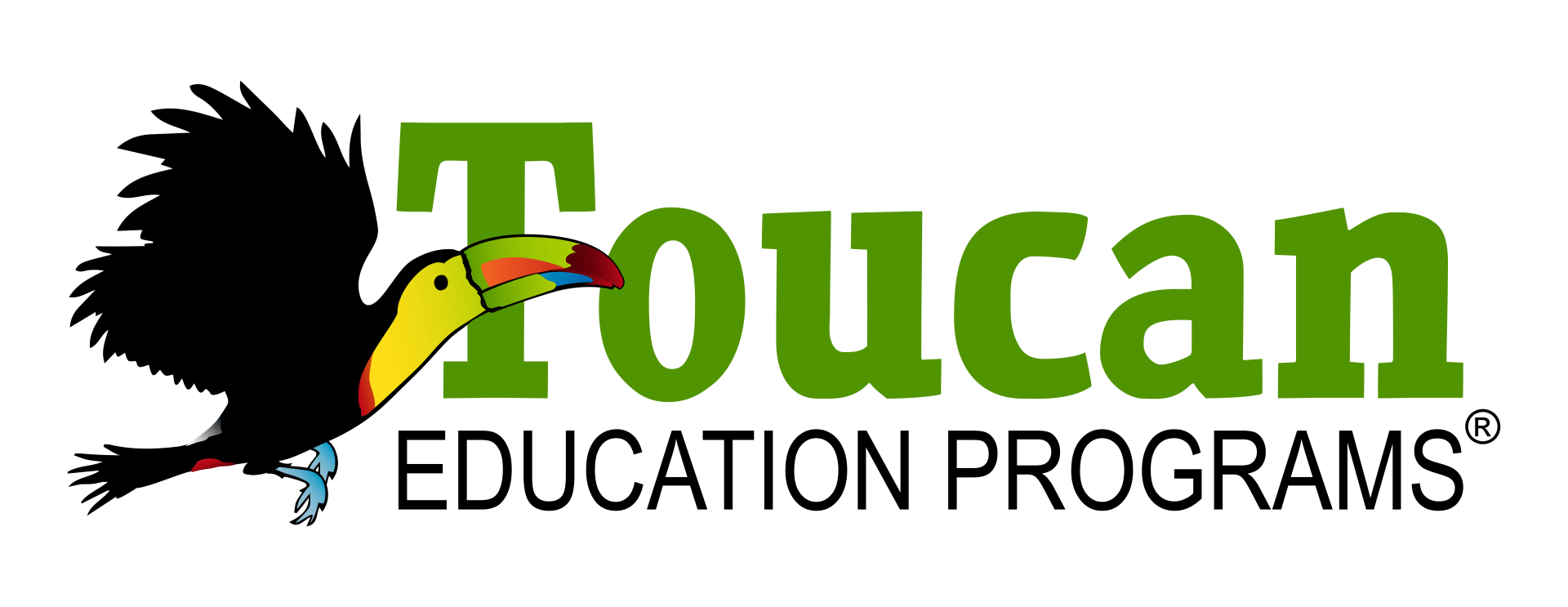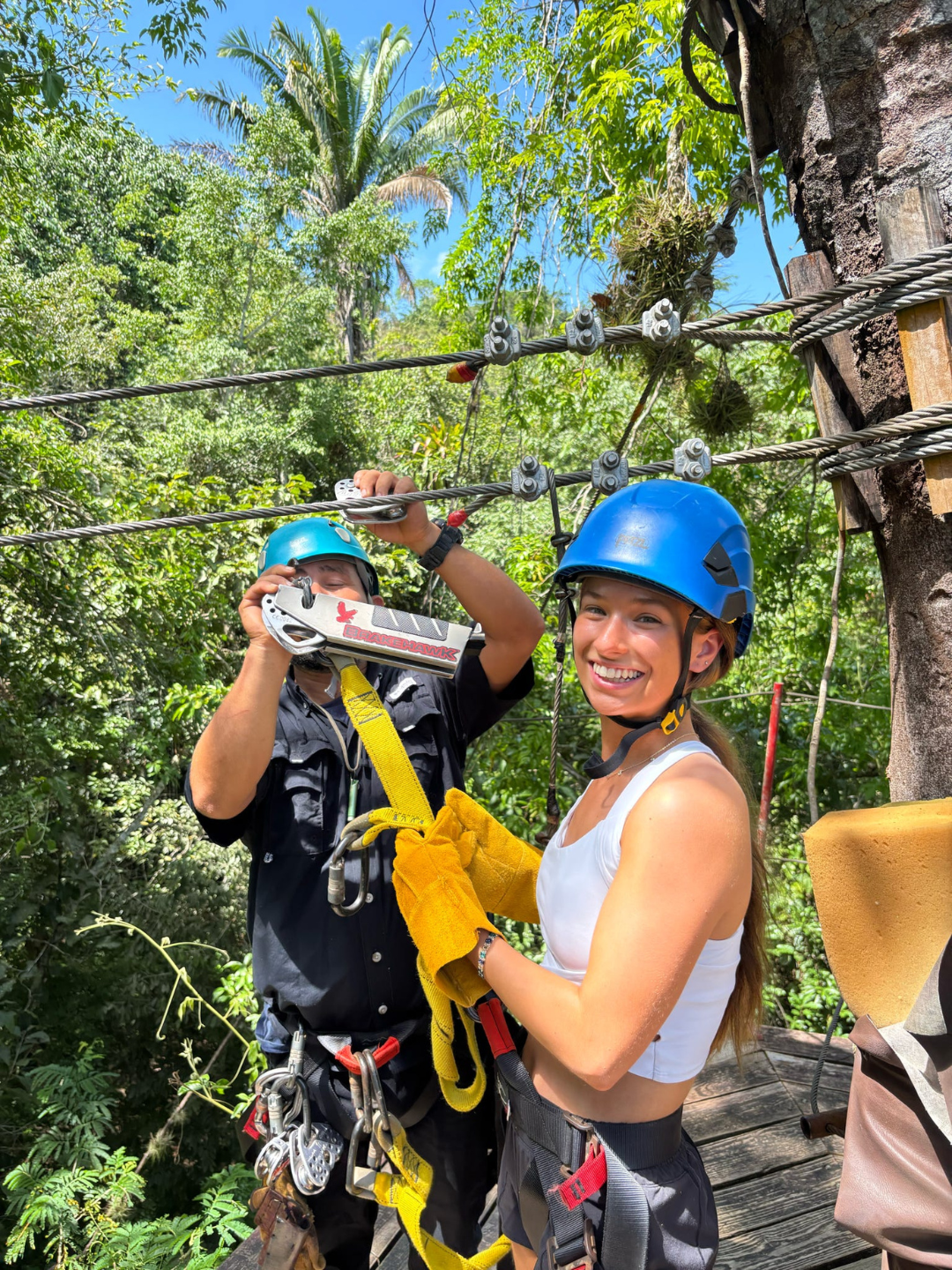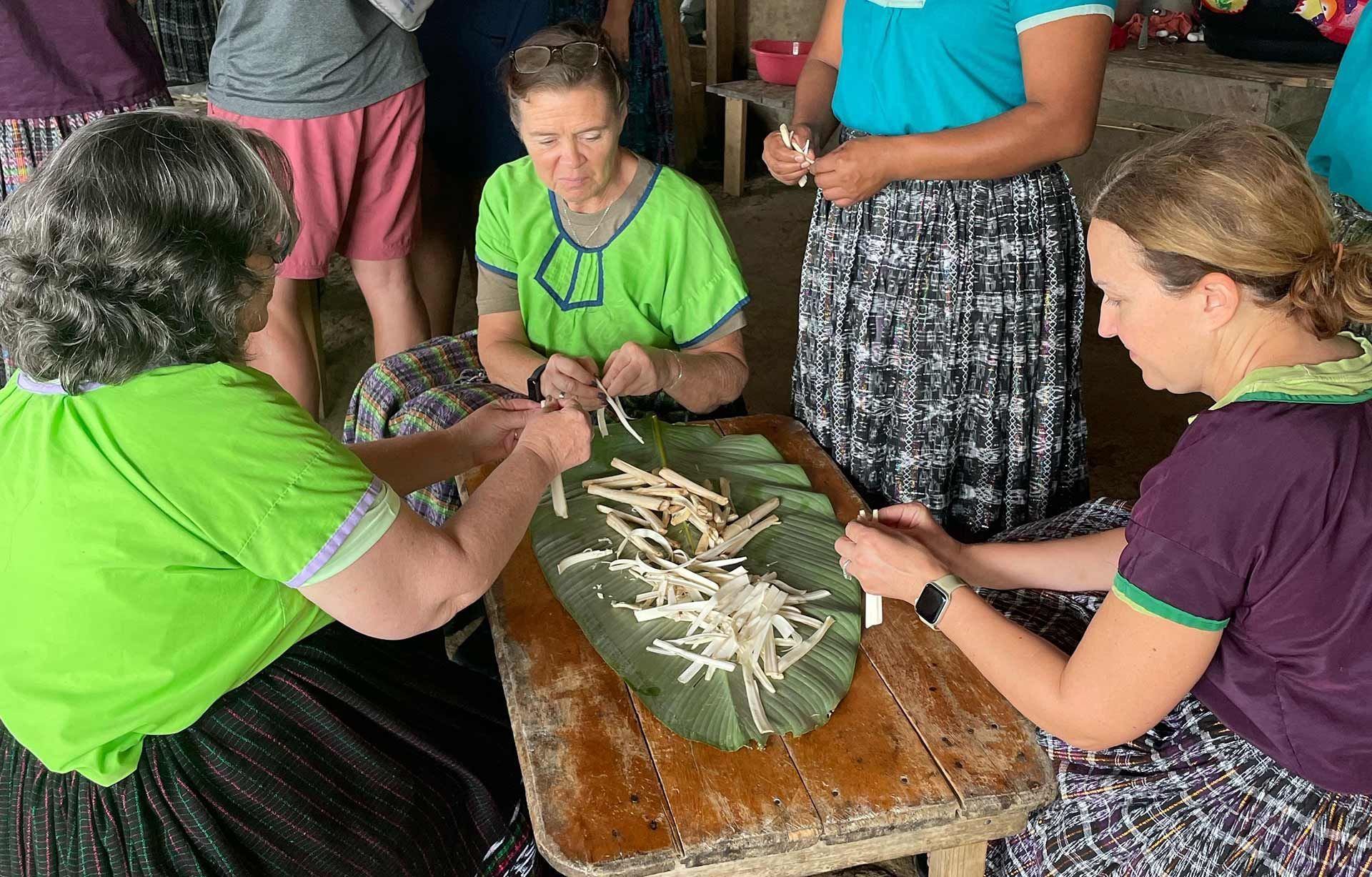Field Work in Action: Medical Shadowing in Belize
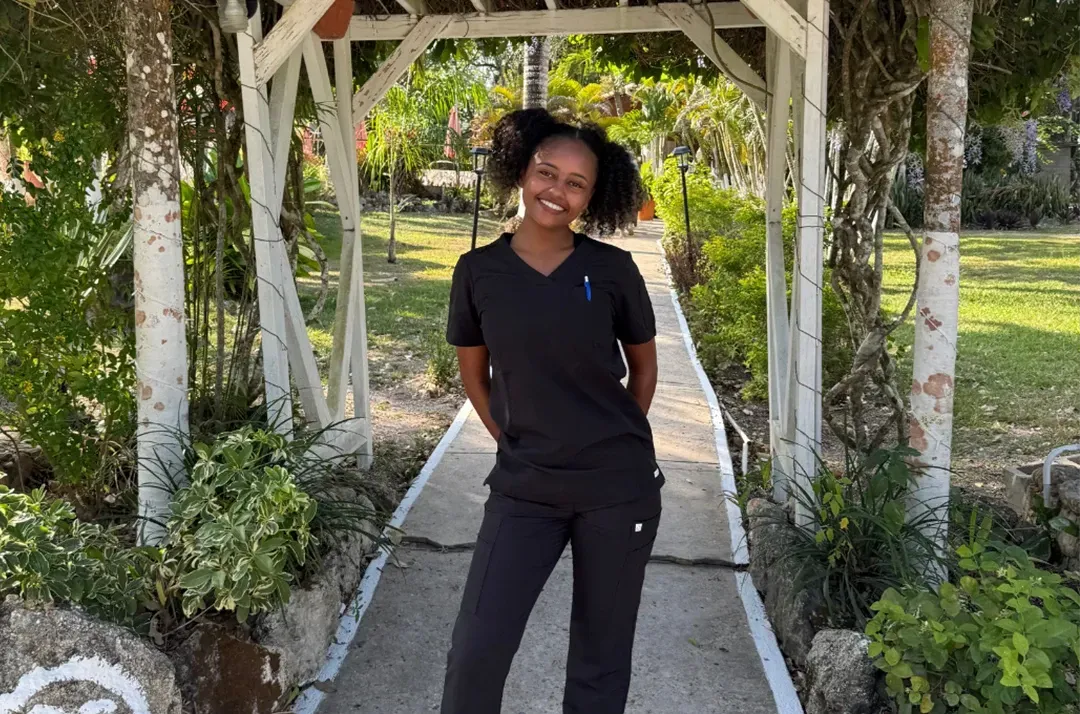
By Mary Ayecheh, University of Georgia
When
Mary Ayecheh, a
Biology and Biomedical Physiology major from the
University of Georgia, joined a
faculty-directed study abroad program in Belize with
Toucan Education Programs, she wasn’t just seeking a new classroom—she was stepping into the heart of healthcare in a global setting.
“I was drawn to this program because it combined global health exposure with medical shadowing—something rare for undergraduate students,” she shared. “Belize’s English-speaking environment made it accessible, yet it offered insight into a healthcare system very different from the U.S.”
For Mary, the program’s combination of
academic learning,
clinical fieldwork, and
cultural immersion created a meaningful experience that connected directly to her pre-health studies and career goals.
Learning by Doing: Medicine Beyond Borders
This faculty-directed program provided Mary and her peers with opportunities to shadow doctors and healthcare professionals in clinics and hospitals in the twin towns of San Ignacio-Santa Elena, Belize.
The experience gave her a front-row seat to patient care in a resource-limited environment—offering valuable lessons that no textbook could replicate.

“This program aligned perfectly with my pre-health track and my interest in medicine,” Mary explained. “Shadowing doctors in Belize gave me clarity on my future career path in medicine.”
One unforgettable moment stood out: “Observing an emergency C-section, standing just feet away from the surgical field, I witnessed new life begin,” she recalled. “It was surreal.”
Learning Through Culture
Outside the hospital, Mary and her peers explored the depth of Belize’s cultural and historical landscape. “Another memorable moment was exploring the ATM Cave and seeing ancient Maya remains,” she shared. “It reminded me how learning can happen anywhere.”
Daily debriefs with classmates and faculty leaders Dr. Amy Medlock and
Dr. Amanda Spohn helped connect each observation to broader themes in
global health, equity, and
cross-cultural understanding.
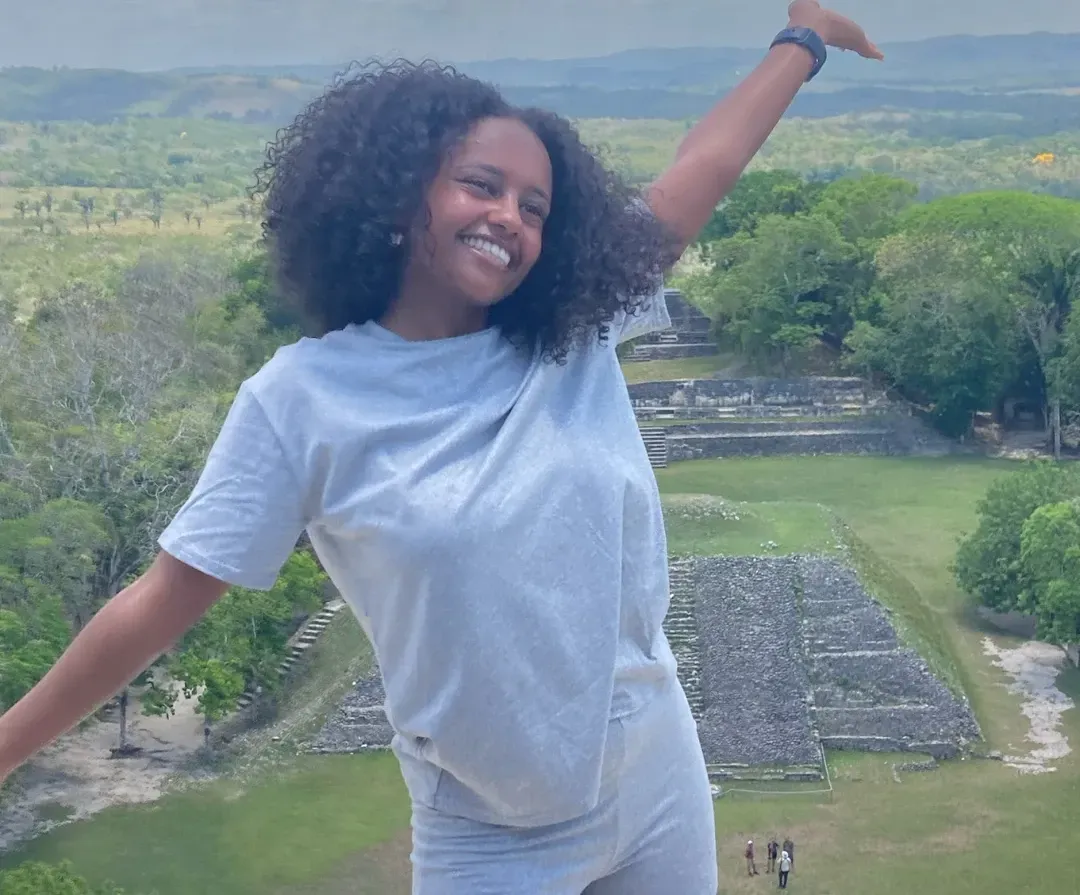
“Our faculty created a supportive space where questions and reflections were encouraged. It made the experience more collaborative and meaningful,” Mary said.
Challenges That Shape Growth
Like many students experiencing their first international field placement, Mary faced moments of adjustment. “One challenge was adapting to the slower pace and limited resources in clinics,” she said. “At first, it was frustrating, but with support from our faculty, I learned to see it as an opportunity to understand healthcare disparities.”
That mindset shift, seeing limitations as lessons, became a defining takeaway. “It taught me to stay adaptable and open-minded, especially in unfamiliar environments,” Mary reflected.
A Journey of Confidence and Clarity
By the end of the program, Mary’s perspective on medicine, culture, and herself had transformed.
“This journey deepened my commitment to medicine and reshaped my view of healthcare access and equity,” she shared. “I became more confident, empathetic, and aware of my privilege. I’m now more motivated to pursue global health and public service as part of my future.”
Advice for Future Students
Mary’s advice for students considering a
faculty-directed program in Belize is simple but powerful:
“Be open to every experience, even the uncomfortable or unexpected ones—they often teach you the most. Don’t just observe; ask questions, engage with your environment, and reflect deeply. It’s not just a trip; it’s a chance to grow, both as a student and as a person.”
Discover Your Belize Story
For students like Mary, studying abroad in Belize through
Toucan Education Programs is a transformative journey that blends academic rigor with real-world learning. It’s an opportunity to see
field work in action, connect with communities, and gain insight into global healthcare systems—all while earning academic credit.
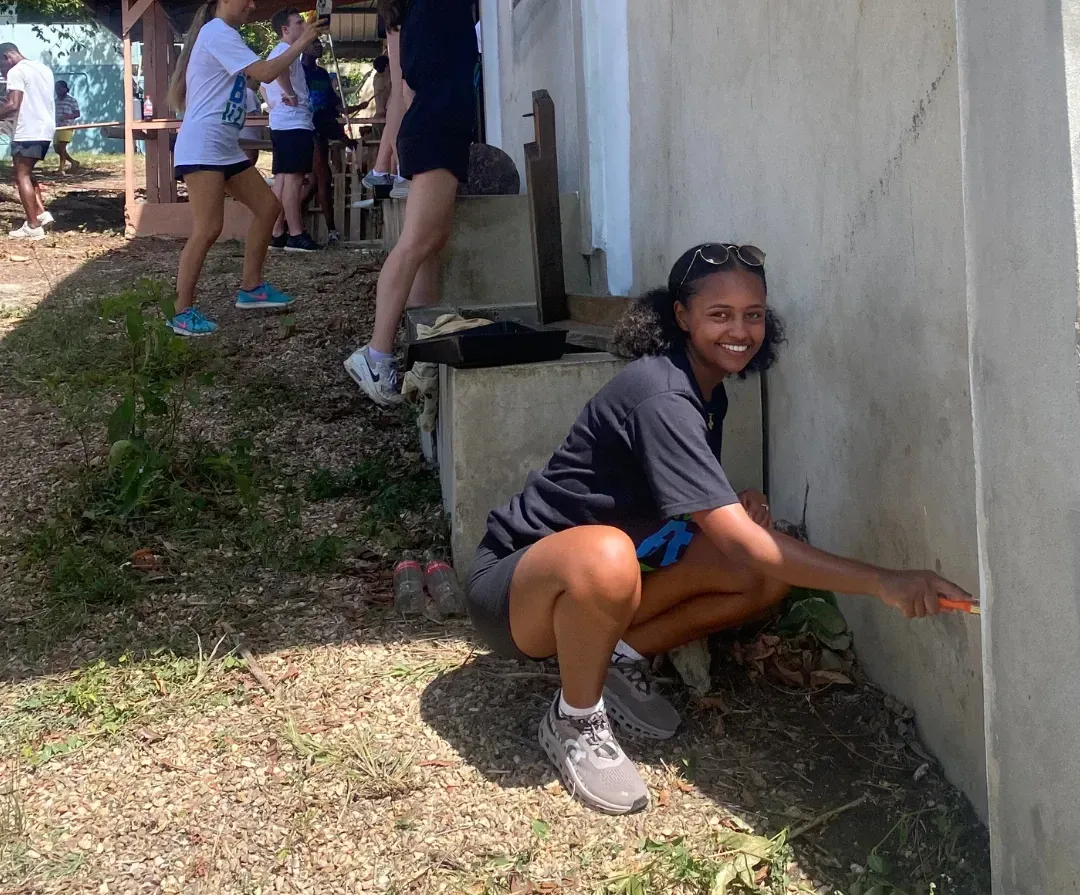
Ready to take your studies beyond the classroom?
Explore faculty-directed programs at:
